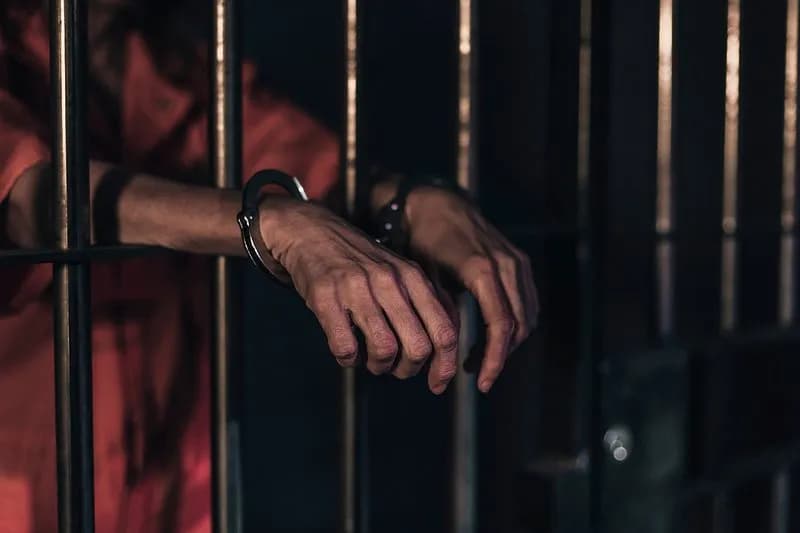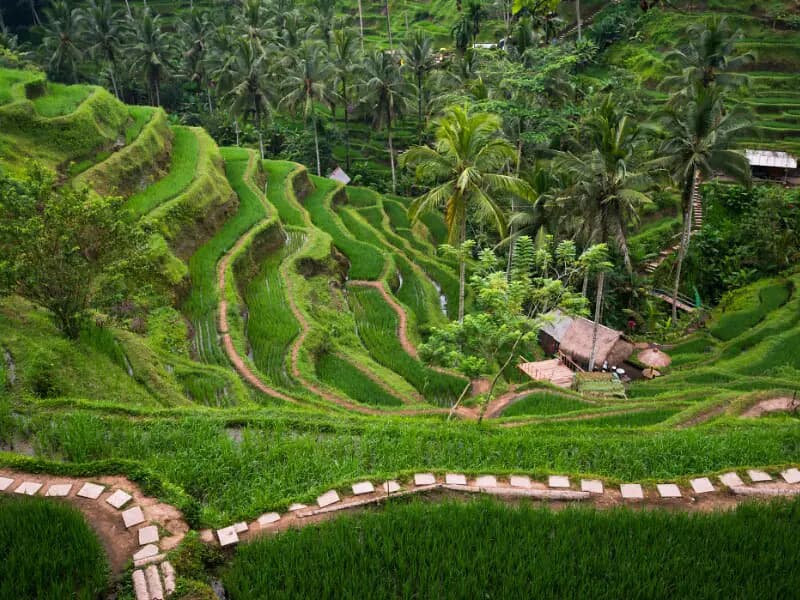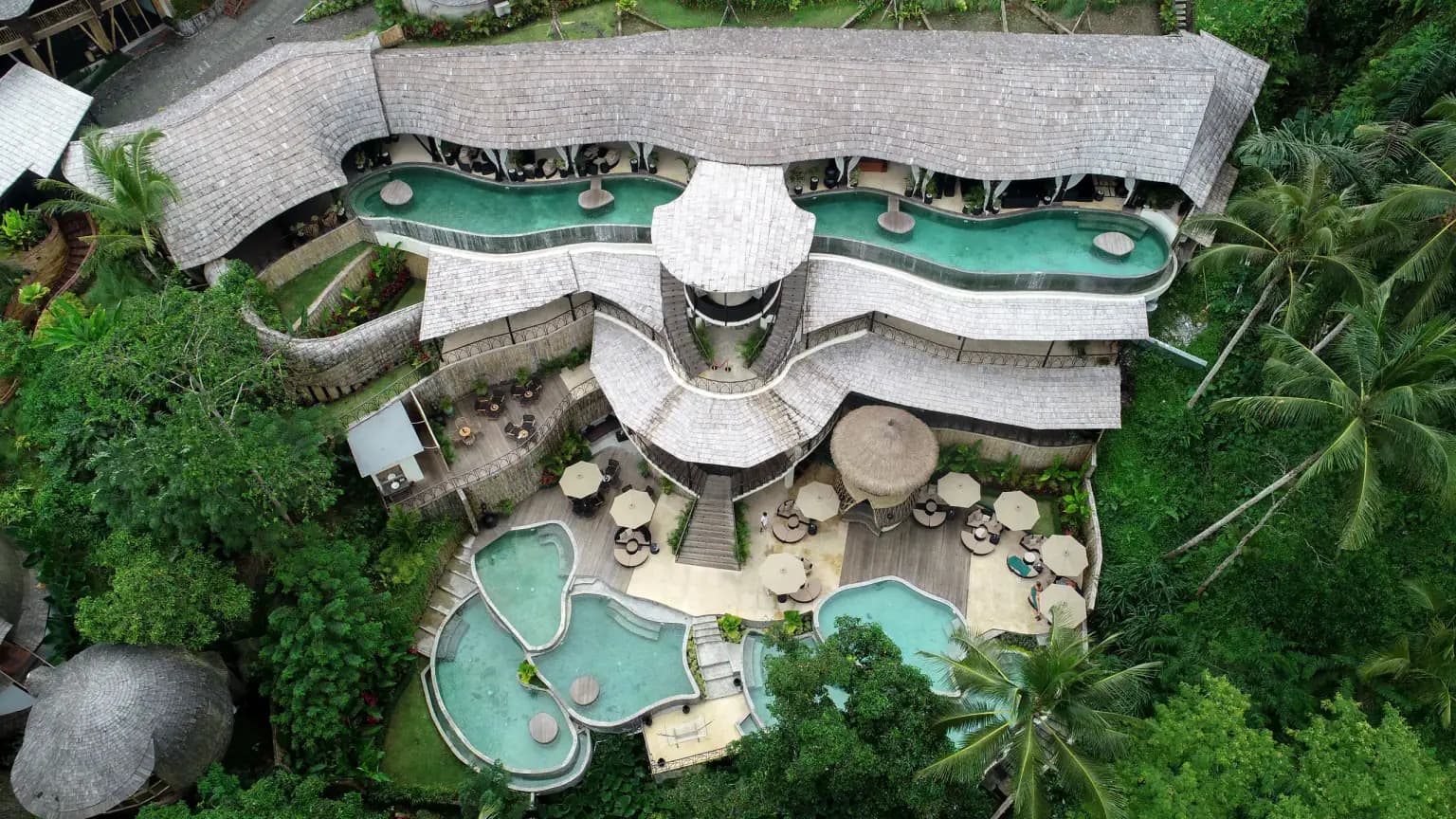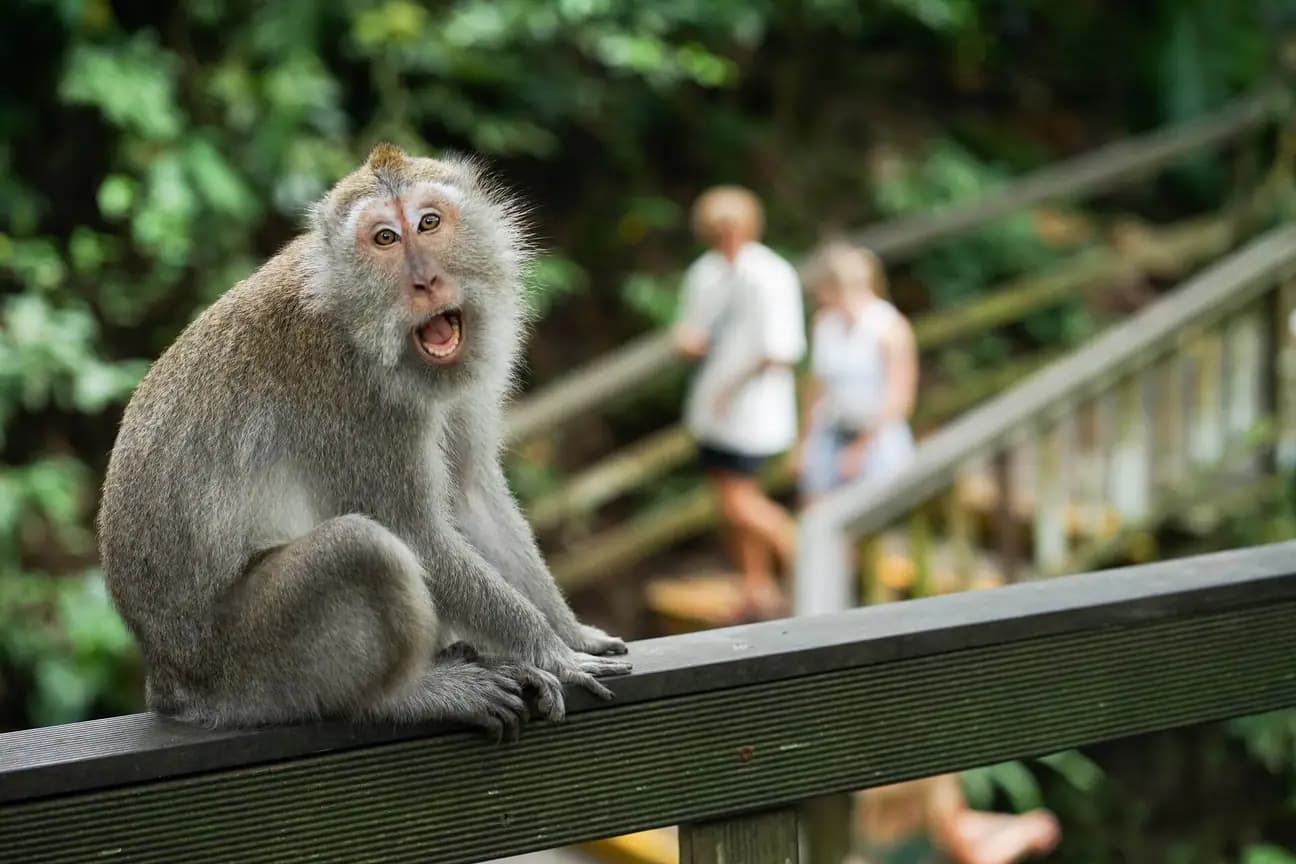Five members of Australia's infamous "Bali Nine" drug smuggling group have returned home after spending almost two decades in Indonesian custody. Their release followed a bilateral agreement between the governments of Australia and Indonesia.
The men — Si Yi Chen, Michael Czugaj, Matthew Norman, Scott Rush, and Martin Stephens — had been serving life sentences for attempting to traffic over 8 kilograms of heroin from Bali to Australia in 2005. The release, finalized on Sunday, was the result of diplomatic negotiations between Canberra and Jakarta.
Australian Prime Minister Anthony Albanese announced the men's return through social media. He shared that their release had been facilitated with the support of Indonesian President Prabowo Subianto, for which he expressed deep gratitude.
The former prisoners and their families later issued a public statement. They thanked Indonesian authorities, legal representatives, supporters, and the Australian government for their role in securing their return. They described the experience as overwhelming and conveyed their commitment to rebuild their lives and contribute positively to society.
The Bali Nine case has long strained Australia-Indonesia relations. Tensions peaked in 2015 when two of the group's ringleaders, Andrew Chan and Myuran Sukumaran, were executed by firing squad. At the time, then-Prime Minister Tony Abbott described the event as "a dark moment" in bilateral ties.
Results of diplomatic talks
The return of the five Australians is seen as a culmination of years of diplomatic talks. Albanese and President Subianto reportedly discussed the issue during the APEC Summit in Peru, which contributed to the eventual release.
Foreign Minister Penny Wong, alongside Albanese and Home Affairs Minister Tony Burke, stated that the men would now have the opportunity to reintegrate into society. The ministers emphasized rehabilitation as a key priority for the returning individuals.
The Bali Nine were originally apprehended in 2005 following a tip-off from Australian authorities. Four of the members were captured at Denpasar International Airport with heroin strapped to their bodies. Others were arrested in a hotel in Kuta. Their arrest became a symbol of Indonesia's tough anti-drug policies and sparked debates about Australia's role in the capture and the broader issue of capital punishment.
Over the years, the group's fate drew significant media attention. Renae Lawrence, the only woman among the Bali Nine, was released in 2018 after serving 13 years of her 20-year sentence. Another member, Tan Duc Thanh Nguyen, died in custody in 2018 after being diagnosed with kidney cancer.
The release of the five men marks a pivotal moment in the decades-long case. It symbolizes a step forward in Australia-Indonesia relations and highlights the power of diplomacy in addressing long-standing legal disputes.











